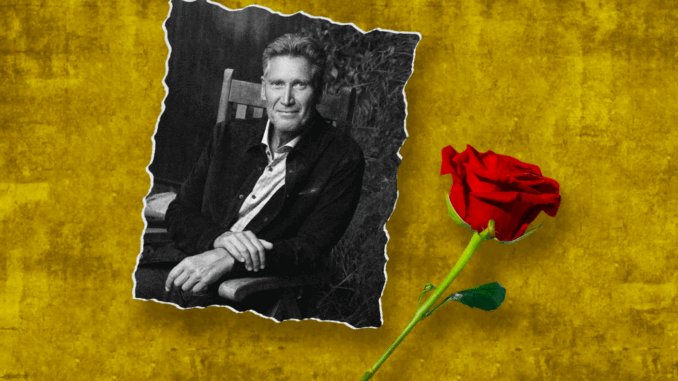
When ABC first announced The Golden Bachelor, expectations were modest. The idea of a 72-year-old widower searching for love on national television felt like a niche concept—heartwarming, perhaps, but unlikely to shake up a franchise built on youth, bikinis, and manufactured jealousy.
Then something unexpected happened.
Millions of viewers tuned in. Ratings soared. And The Golden Bachelor didn’t just win over older audiences—it captured the attention of millennials, Gen Z, and critics alike. Suddenly, a show built around aging gracefully became the most modern thing on television.
The Unexpected Audience
ABC targeted the show to appeal to boomers and Gen X viewers—the parents and grandparents who had once tuned into The Bachelor with their children. But what emerged was a shared viewing experience that transcended generations.
College students streamed it in dorm rooms. Families watched it together in living rooms. Young viewers created memes, while older ones sent heartfelt emails to ABC thanking them for the show. On TikTok, clips of Gerry and his contestants—often accompanied by emotional piano music—went viral with captions like, “This is the kind of love I want.”
Part of the appeal? The sincerity. In an age of algorithmic dating and swiping fatigue, The Golden Bachelor offered a vision of love that felt real. Imperfect. Earnest. Earned.
A Different Kind of Fantasy
Traditional Bachelor seasons sell fairy tales wrapped in designer dresses and helicopter rides. The Golden Bachelor sold something else entirely: companionship.
When Gerry Turner asked Faith Martin if she could imagine blending their families, it wasn’t just a sweet gesture. It was a serious, thoughtful inquiry grounded in the realities of later-life relationships—children, grandchildren, geography, healthcare. These weren’t people planning honeymoons. They were planning retirements.
And audiences were riveted. Because underneath the rose ceremonies and scenic dates was a core question: What does love look like when the stakes are higher, and time feels more precious?
Memes, Merch, and Media Frenzy
As the show gained traction, it exploded across platforms. Gerry Turner was dubbed “America’s Grand-Zaddy” on X. Etsy shops began selling “Golden Bachelor” T-shirts, wine glasses, and novelty socks. Talk shows couldn’t get enough, with appearances from contestants on The View, The Today Show, and Live with Kelly and Mark.
Media critics praised the show as a “gentle revolution,” a rare example of mainstream TV pushing back against ageism without preaching. The Ringer called it “the most emotionally honest season of reality TV in a decade.”
Even Hollywood took notice. Rumors began swirling that streaming platforms were exploring copycat formats focused on older singles, retirees, and even widowed LGBTQ+ communities.
Love, Loss, and the Courage to Begin Again
Part of the show’s resonance came from its emotional weight. These weren’t blank slates falling in love for the first time. They were people who had experienced heartbreak, death, illness, and years of solitude.
They came not because they were bored—but because they were brave.
That bravery—quiet, noble, often tearful—is what moved America. It redefined what makes a romantic lead compelling. And it reminded a divided country that we are all, in our own way, searching for connection.
The Golden Age of Dating TV?
ABC is already moving forward with a Golden Bachelorette, expected to premiere in fall 2025. While no casting announcements have been made, fans are calling for Joan Vassos, Leslie Fhima, or Faith Martin to take the lead.
Whatever comes next, The Golden Bachelor has already changed the rules.
It proved that love after 60 is not only valid—but must-see TV.
And in doing so, it gave everyone—young and old—a reason to believe that it’s never too late to start again.